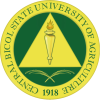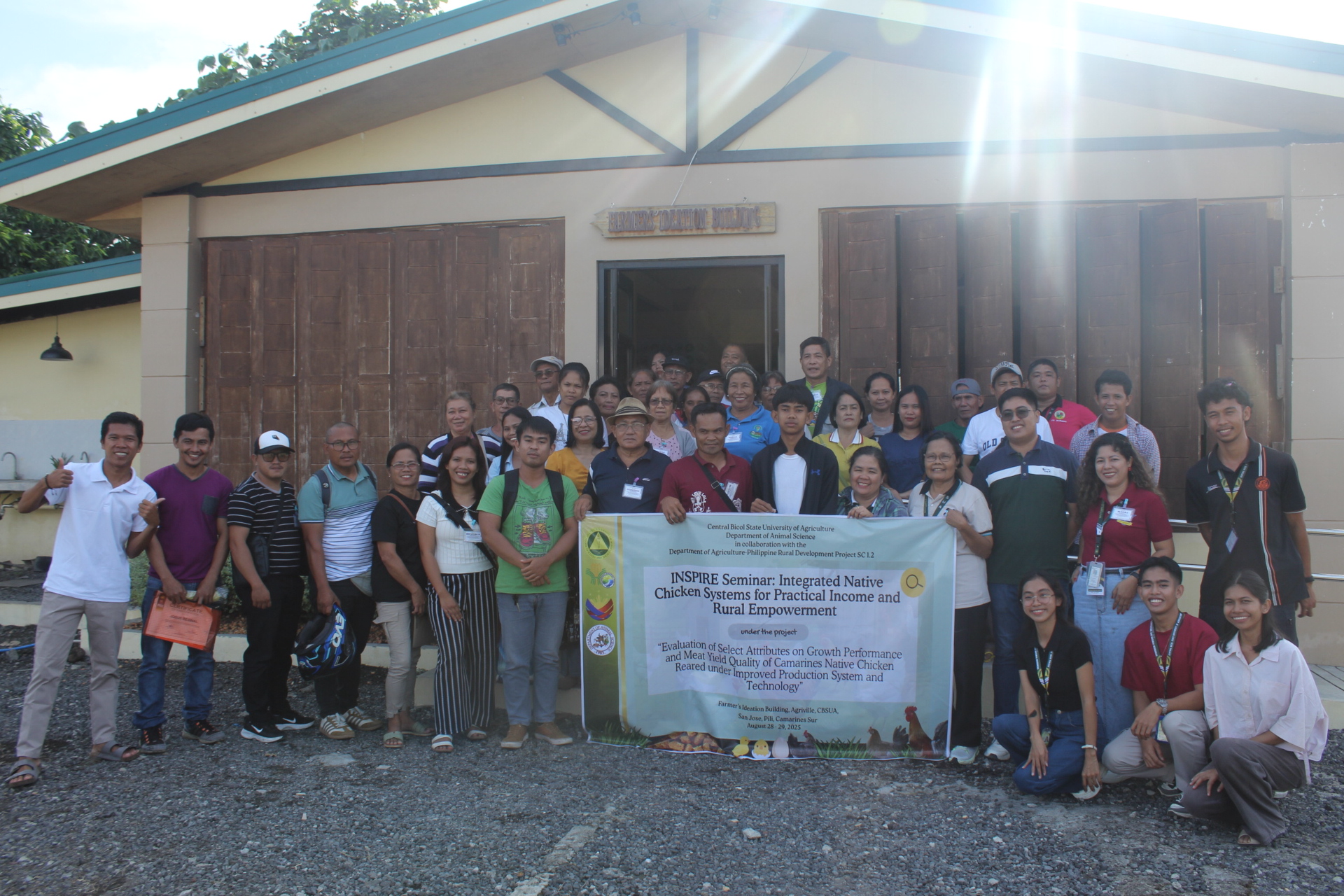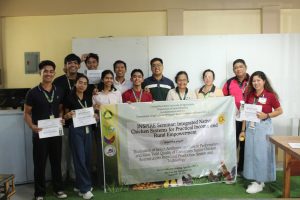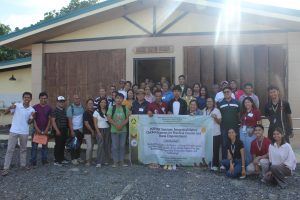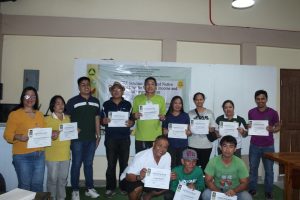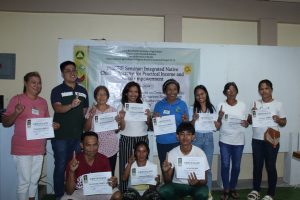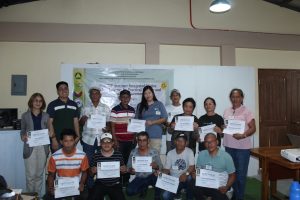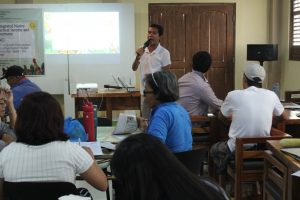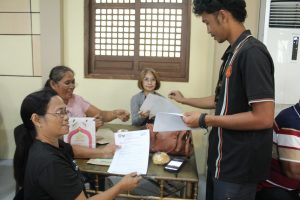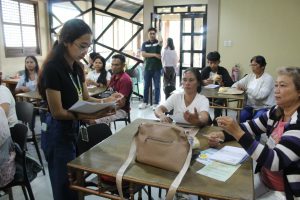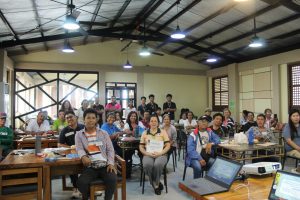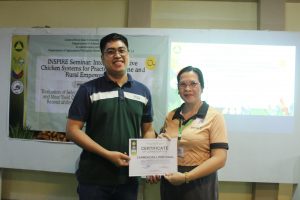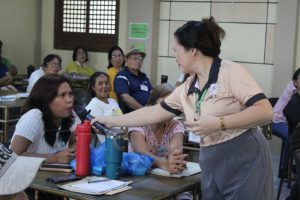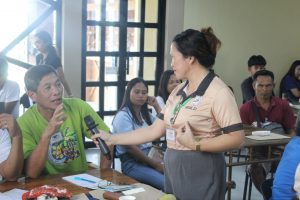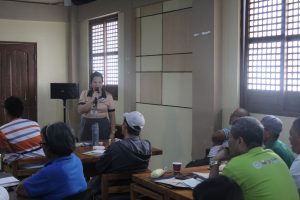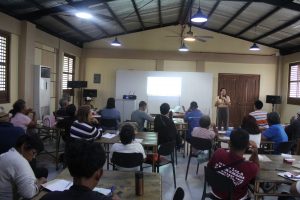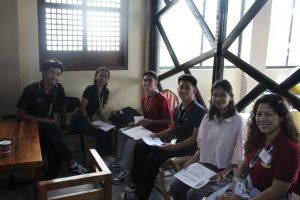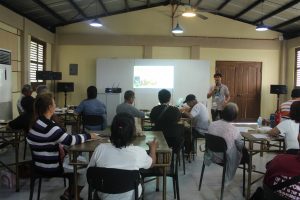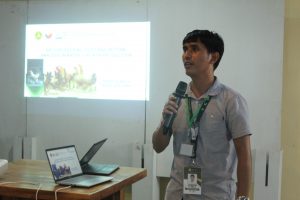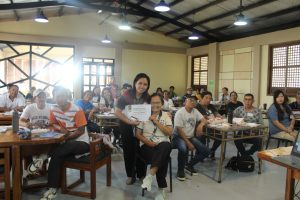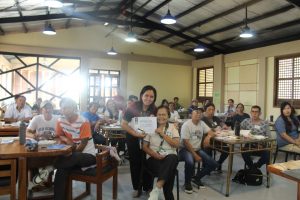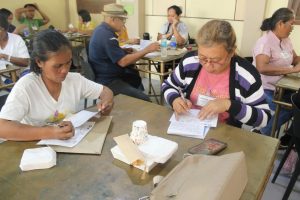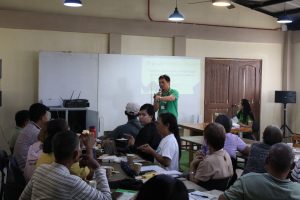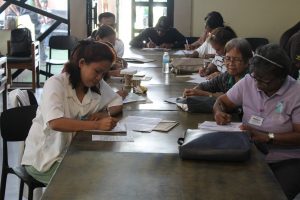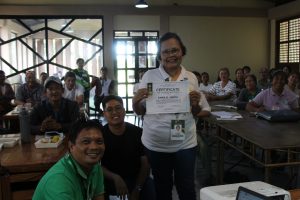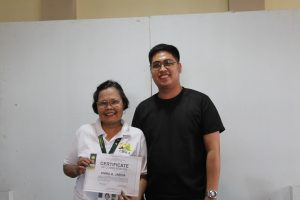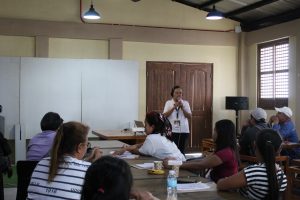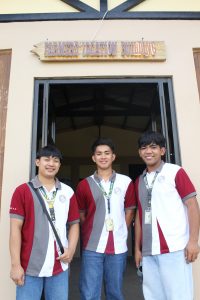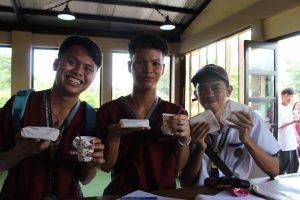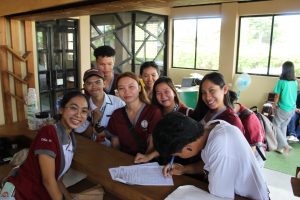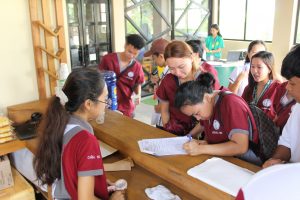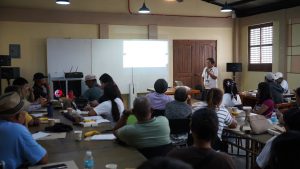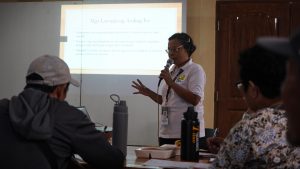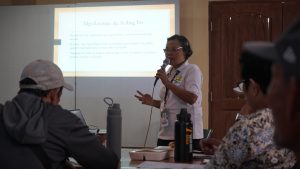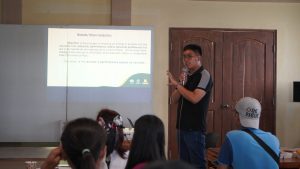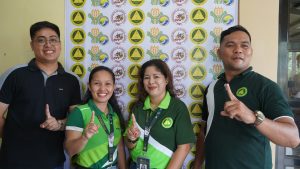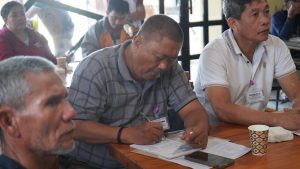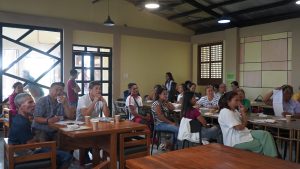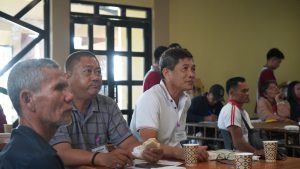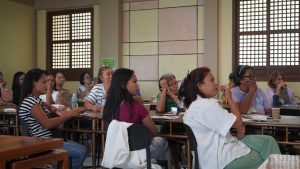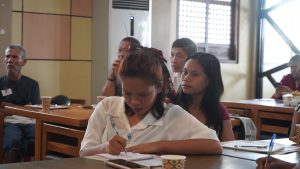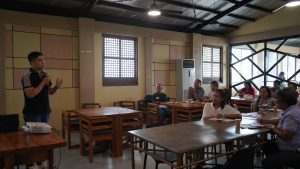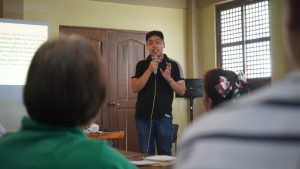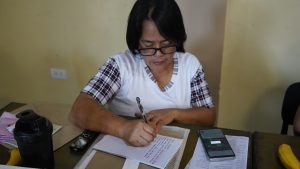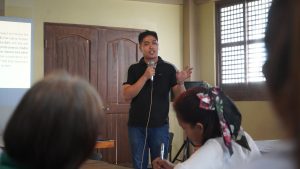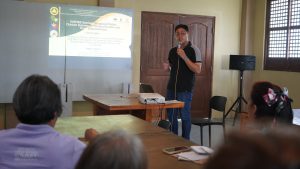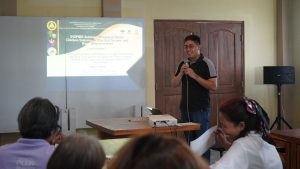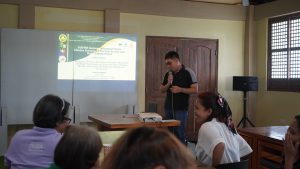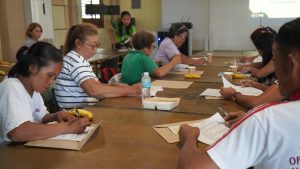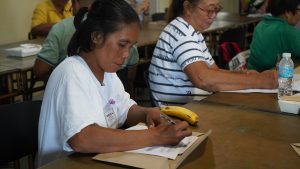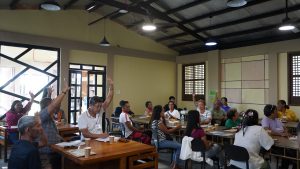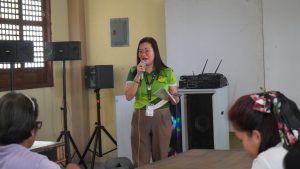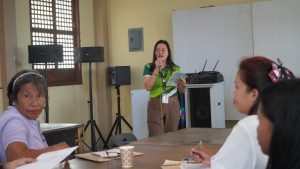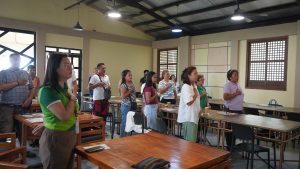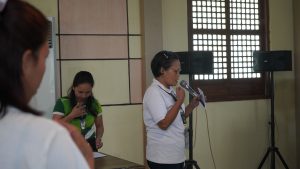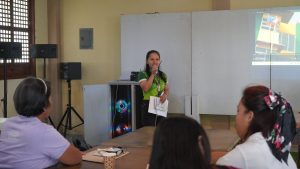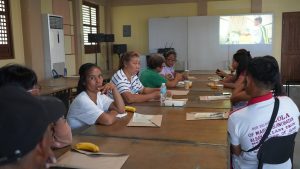The Central Bicol State University of Agriculture (CBSUA), in partnership with the Department of Agriculture–Philippine Rural Development Project (DA–PRDP), successfully conducted the Integrated Native Chicken Systems for Practical Income and Rural Empowerment (INSPIRE) Seminar on August 28–29, 2025. The event was held at the Farmer’s Ideation Building of the CBSUA Agriville and Learning Hub in Pili, Camarines Sur.
This two-day training aimed to boost sustainable and profitable native chicken production at the grassroots level. The seminar brought together farm families, association representatives, and agricultural extension workers from the municipalities of Pili, Tigaon, and Sipocot, providing them with essential knowledge and skills to enhance their farming practices.
Experts from CBSUA’s College of Agriculture and Natural Resources (CANR) delivered a series of insightful lectures. On the first day, Project Leader Carlo B. Sabales discussed genetic selection and breeding strategies, followed by Dr. Emma G. Jarcia, BSA Program Chairperson, who highlighted nutrition and feeding management using local resources. Mark Anthony S. Ampongan, a CANR faculty member, concluded the day by presenting on housing, biosecurity, and health management. The second day continued with equally practical sessions: Ms. Hazel A. Isederio, also from CANR, tackled post-harvest handling and meat quality, while Mr. Joseph B. Nieva shared knowledge on record-keeping, cost, and return analysis. The seminar concluded with a comprehensive lecture by Dr. Carmencita I. Portugal on establishing forage gardens for native chickens.
Spearheaded by Mr. Carlo B. Sabales with support from the new CBSUA Extension Services Division Director, Ms. Abigail Guinoo, the seminar served as a crucial platform to disseminate native chicken production strategies, foster collaboration, and build local capacity. By bridging academic research with rural development, the INSPIRE Seminar empowered farming communities, promoting sustainability and helping to develop resilient livelihoods throughout Camarines Sur. | 𝘙𝘦𝘱𝘰𝘳𝘵 𝘢𝘯𝘥 𝘱𝘩𝘰𝘵𝘰𝘴 𝘧𝘳𝘰𝘮 𝘉𝘦𝘵𝘩𝘦 𝘔𝘢𝘦 𝘎. 𝘙𝘪𝘤𝘢𝘧𝘰𝘳𝘵

